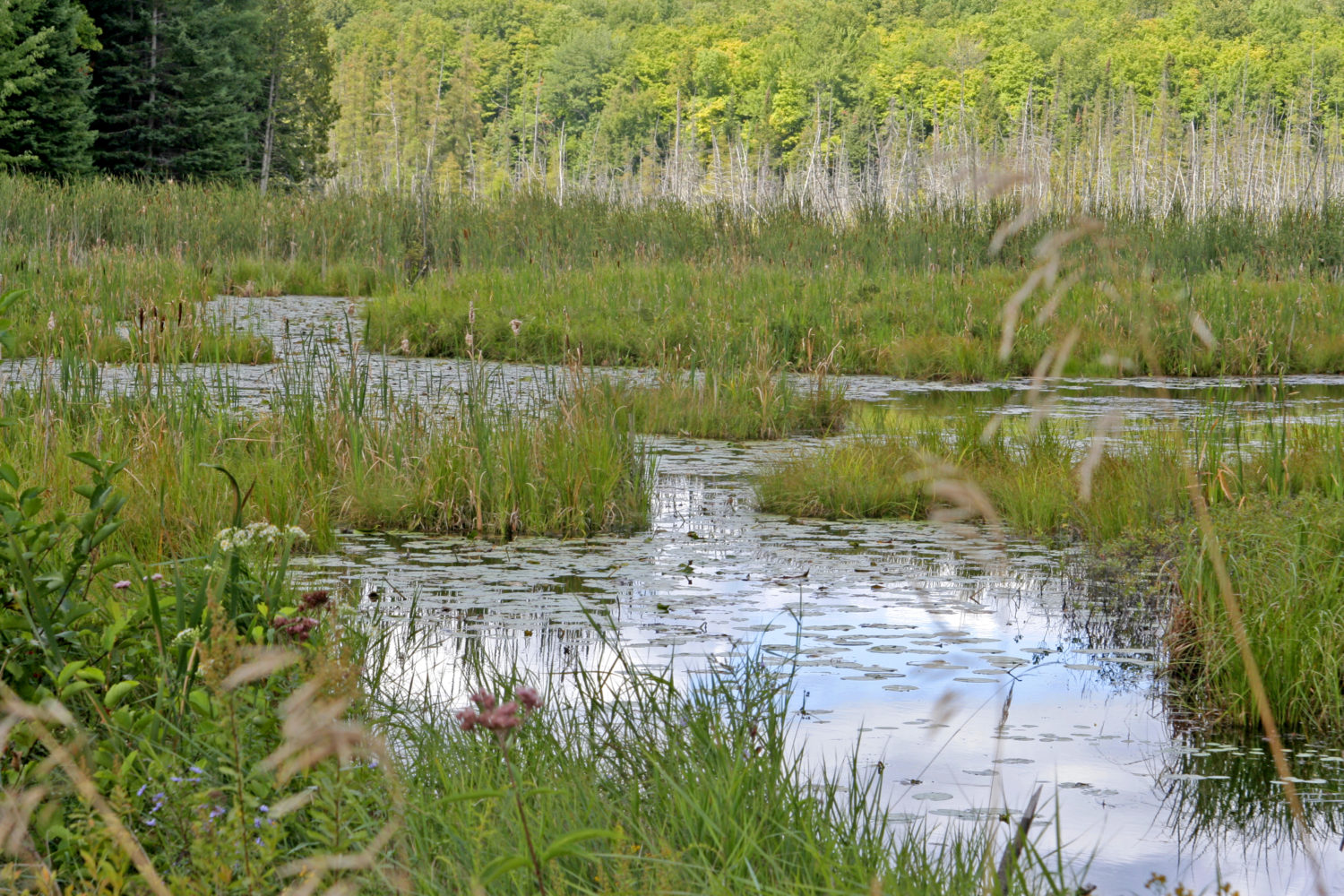Conservation Ontario (CO) recommends the Province of Ontario remove Schedule 6, which amends the Conservation Authorities Act and the Planning Act, from the proposed changes contained in Bill 229: Protect, Support, and Recover from COVID 19 Act (Budget Measures Act).
Conservation Ontario believes the changes being proposed will:
- Create more red tape and higher costs for Ontario taxpayers.
- Threaten the independent watershed-based approach used by conservation authorities (CAs) in land use planning.
- Potentially add significant delays and costs in conservation authority enforcement, planning, and permitting processes.
- Potentially have significant impacts on Ontario’s ability to cost-effectively provide natural hazards management/protection and drinking water protection.
“The changes the Province is proposing will achieve the opposite of what they say they want to do, which is to reduce red tape and create conditions for growth,” said Kim Gavine, general manager of Conservation Ontario.
Through a review of the current permit review process, Conservation Ontario estimates that the new changes to the permitting appeals process could delay approvals by as much as 200 days. As well, costs can be expected to increase due to more staff time being required for permit appeals processes rather than time being spent on actually issuing permits.
Changes to regulatory enforcement tools will also increase costs. During the pandemic, conservation authorities have experienced an increase in illegal activities on CA-owned and/or regulated lands. Extensive remediation costs and damages to neighbouring properties can be avoided if tools such as enhanced powers of inspection and stop (work) orders are available to CA officers.
“What the Province is proposing to do through the changes in Schedule 6 significantly threatens the independent, watershed-based approach of Ontario’s conservation authorities that municipalities and others rely on to protect our natural resources and to steer development away from creating or exacerbating flooding and other natural hazards,” Gavine said. “This isn’t what you would expect a government to do in light of the growing and more complex climate change impacts we are experiencing.”
“Conservation authorities bring the local watershed science to the planning process,” added Gavine. “They apply this knowledge in permit and planning application reviews. With the new ability of the Minister to issue a permit, it’s not clear what science the Minister will rely upon to review an application and issue a permit. The proposed changes raise the risks of having the permitting process veer away from a science-based decision.”
“Conservation authorities rely on science-based watershed information to ensure that Ontario’s communities are protected from upstream to downstream,” noted Gavine.









